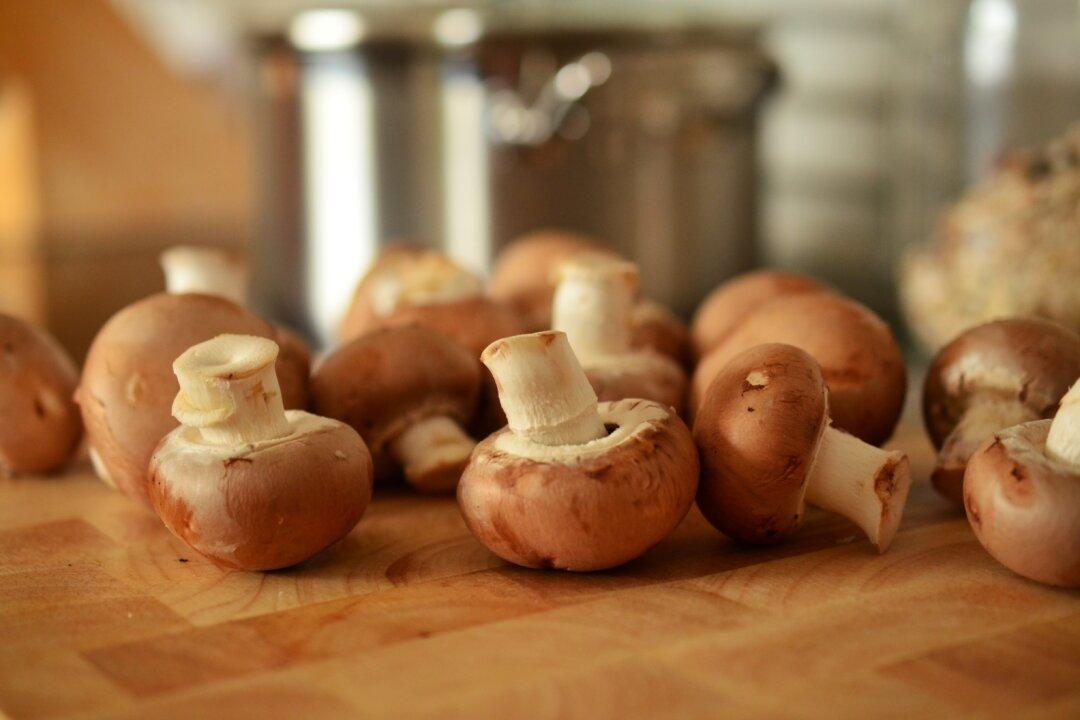Mushrooms, long valued for their medicinal properties, are being explored as tools to boost immunity and fight viruses, including SARS-CoV-2. Dr. Gordon Saxe, director of research at the Centers for Integrative Health at UC San Diego School of Medicine, is the principal investigator of three studies evaluating whether mushrooms are therapeutic for treating COVID-19.
During the early days of the pandemic, Dr. Andrew Shubov, director of inpatient integrative medicine at the UCLA Center for East-West Medicine, said he was frustrated by the lack of effective treatments for COVID-19. “People were taking increasingly toxic drugs, and nothing was working,” he told JAMA.






